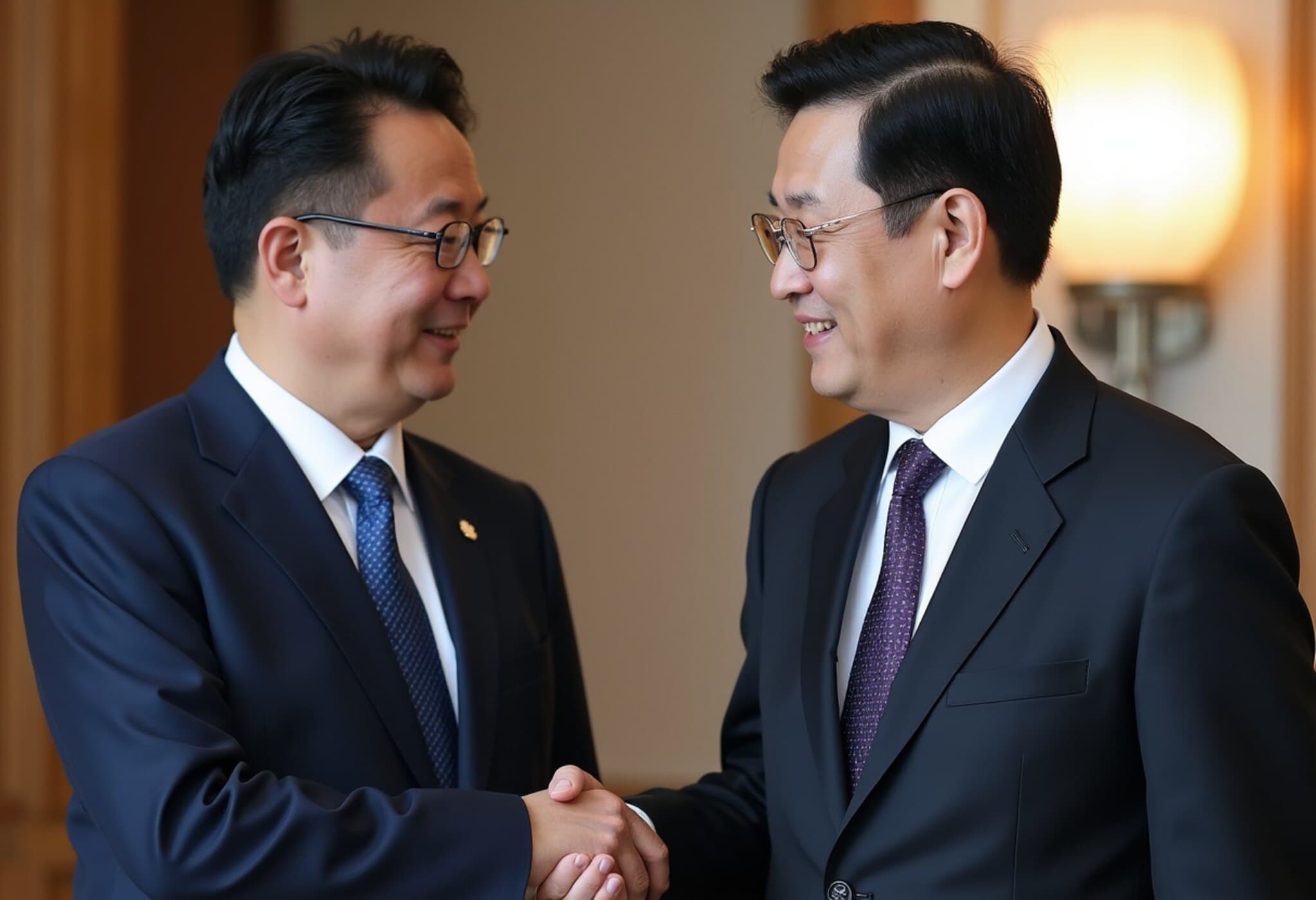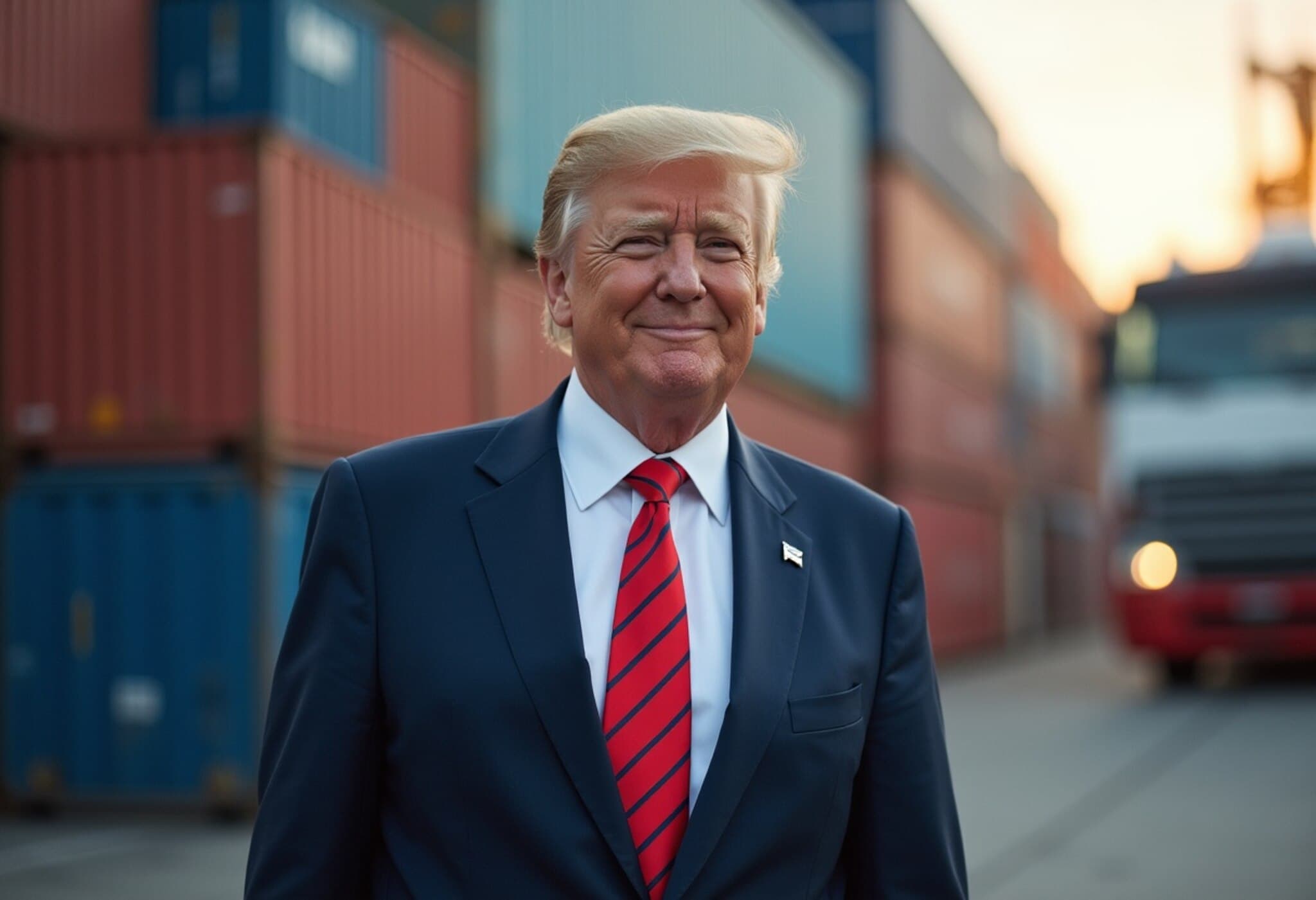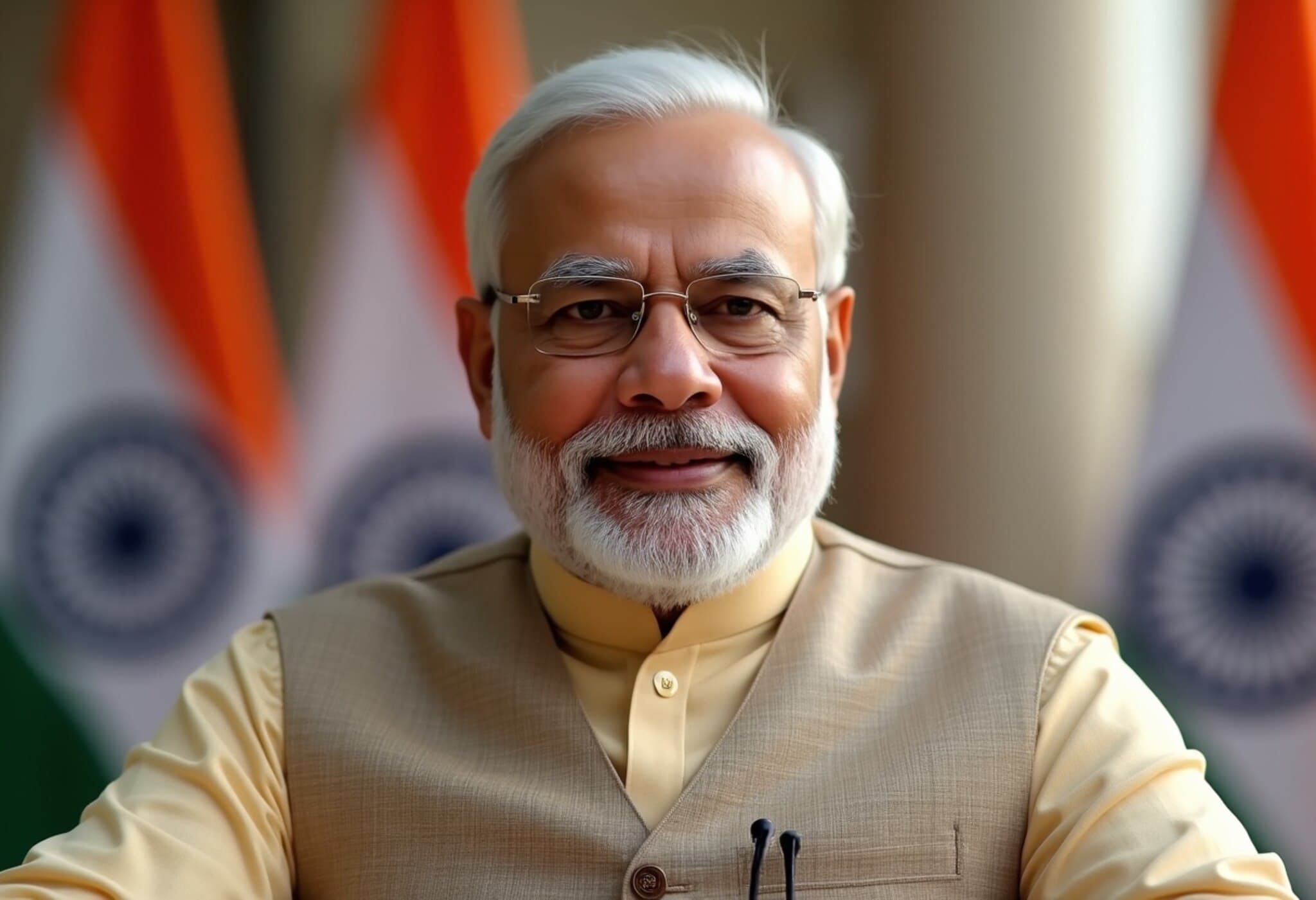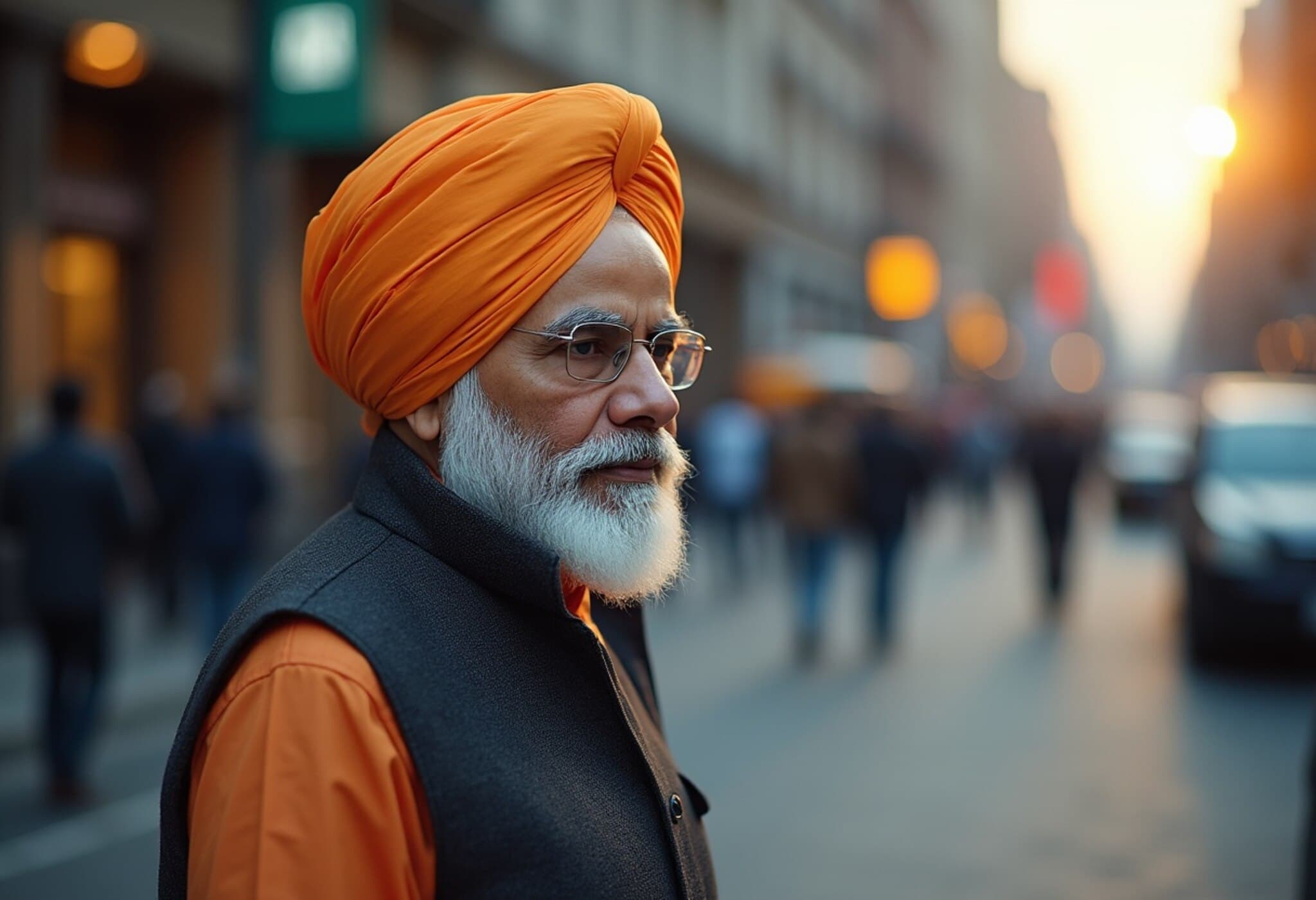U.S. Initiates Investigation into Brazil’s Trade Policies
In a move signaling increased scrutiny over global trade dynamics, the United States Trade Representative (USTR) officially launched an investigation into Brazil’s trading conduct on Tuesday, July 15, 2025. The probe aims to assess whether Brazil’s policies related to digital trade and preferential tariffs unfairly restrict American commerce, marking a significant escalation in the economic interplay between the two largest economies of the Americas.
Background: Rising Trade Friction Between Washington and Brasília
This investigation was ordered under the administration of former U.S. President Donald Trump, though it has gained renewed relevance during current global market complexities. Brazil, under President Luiz Inácio Lula da Silva’s leadership, has been expanding its digital economy and refining tariff structures, moves that U.S. officials fear may disadvantage American companies.
President Lula recently addressed the media at the BRICS Summit held in Rio de Janeiro, emphasizing Brazil’s ambition to strengthen its digital sector and foster closer economic ties with emerging markets. However, Washington’s heightened concern reflects a broader global pattern where national digital sovereignty and protectionist tariffs increasingly challenge traditional free trade principles.
What the Investigation Entails
The USTR's probe will rigorously evaluate whether Brazilian acts, policies, or regulations are “unreasonable or discriminatory” and if they burden or restrict U.S. commerce. The focus lies chiefly on digital trade regulations and the application of preferential tariffs, which could potentially distort competitive conditions and market access for American exporters.
This examination will involve:
- Reviewing Brazil’s digital trade frameworks and data governance policies.
- Analyzing tariff schedules and preferential treatment regimes.
- Consulting with American industries impacted by Brazilian trade policies.
- Engaging with Brazilian authorities and multinational stakeholders.
Expert Insights: What This Could Mean for U.S.-Brazil Relations
Trade experts note that this move reflects a growing U.S. strategic emphasis on digital commerce rules as a battleground for economic influence, especially in emerging markets like Latin America. The U.S. aims to ensure a level playing field amid rapid technological shifts that have upended traditional trade paradigms.
Moreover, Brazil’s role within BRICS (Brazil, Russia, India, China, South Africa) complicates the scenario, as cooperation within this bloc often contrasts with Western trade norms. The investigation, therefore, raises critical questions about how the U.S. balances punitive measures against fostering collaborative economic growth.
Regional Economic Implications and the Bigger Picture
Brazil is Latin America’s largest economy, and any disruption in trade relations with the U.S. could ripple through regional markets. U.S. companies are vigilant about market access and digital regulatory transparency — issues that directly impact innovation, supply chains, and consumer choice.
From a policy perspective, the inquiry also underscores the need for updated bilateral trade frameworks addressing digital trade rules, intellectual property rights, and tariff harmonization. This aligns with broader global debates at institutions such as the World Trade Organization on how to regulate e-commerce effectively.
Next Steps and What to Watch
The investigation will have a defined timeline, culminating in a report with potential recommendations for action. Depending on findings, measures could range from diplomatic negotiations to imposing tariffs or trade sanctions, though such steps always risk escalating into tit-for-tat trade disputes.
Observers will be watching closely for:
- Responses from Brazil’s government and business leaders.
- The impact on ongoing U.S.-Brazil trade negotiations.
- Potential ripple effects on multilateral trade talks and BRICS partnerships.
Editor’s Note
This investigation into Brazil’s trade policies illuminates the complexities of modern commerce where digital governance and traditional tariff rules collide. It challenges us to reconsider how trade fairness is defined in an era of rapid technological change and evolving geopolitical blocs. For American policymakers and businesses alike, the stakes are high—not just for profits, but for reshaping the future of international economic relations.












